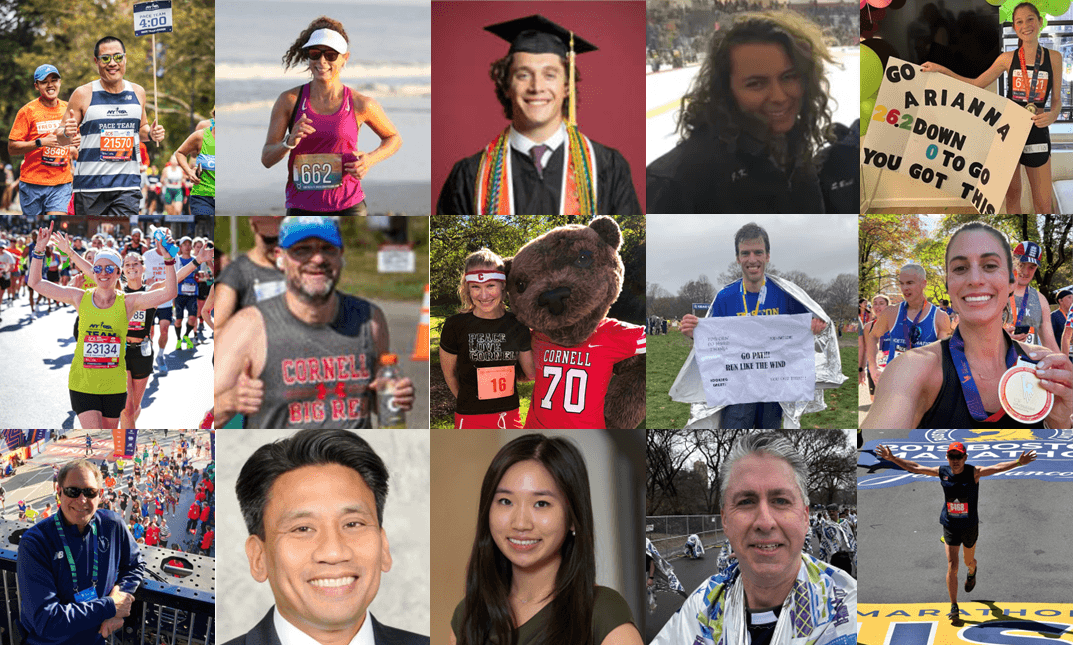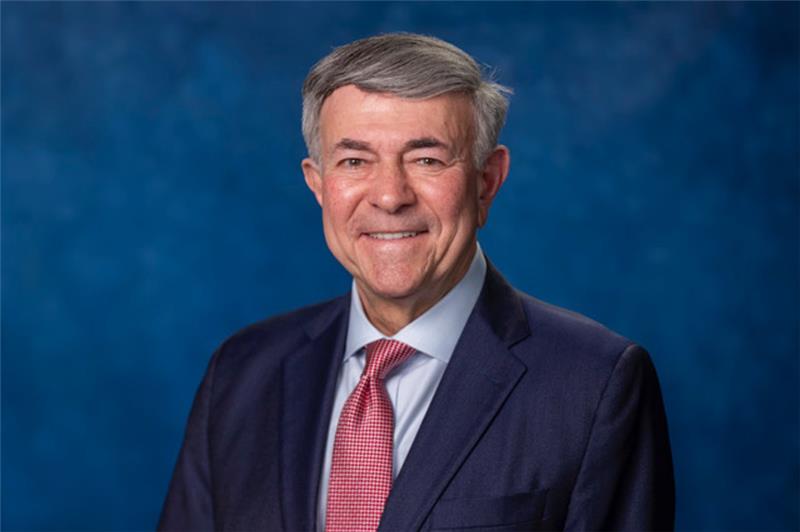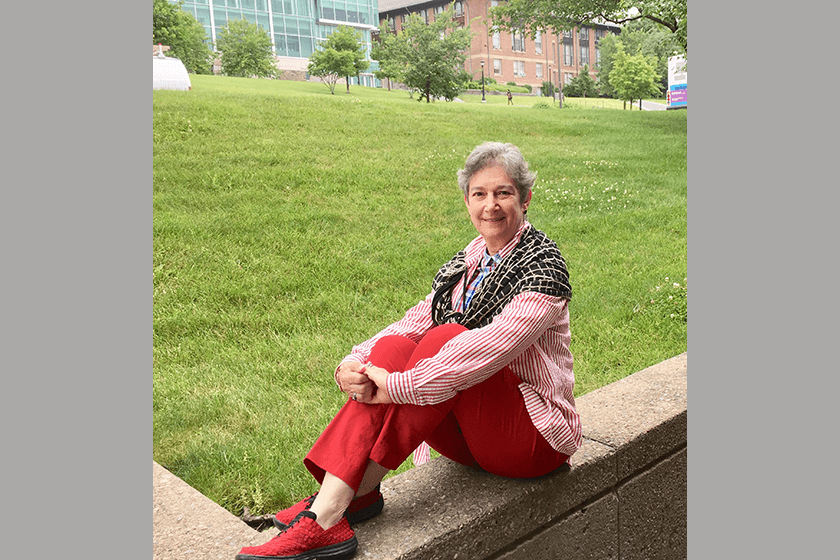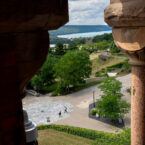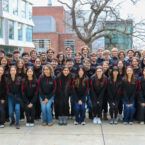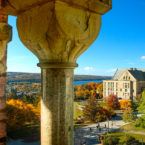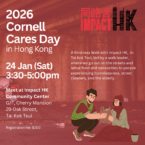Janelle Teng ’11 and Danya Contreras ’13 sat down to speak with Danya about her volunteerism and Cornell experience.
Janelle Teng ’11: You’re very involved as an alum as well with a bunch of different organizations, and I was just wondering how you would describe the community that you are part of, either as an undergrad or in a club?
Danya Contreras ’13: For me, undergrad was finding my Latino community because I needed to have that safe space while I was on campus. My high school experience was where I went into culture shock because that was the first time I was in a school with predominantly Caucasian students. I hadn’t fully adjusted to that life, and that’s what America really looks like. And then I came to undergrad, and I’m by myself. So, I had to continue adjusting. I found that niche really helped me branch out and become more open and find friends outside of the Latino community. Even after I graduated, I gravitated towards the Cornell Latino Alumni Association. I also wanted to get back to a community that supports Latino students currently on campus.
It wasn’t until a few years ago that I started branching out to class volunteerism with Class Council, and then Cornell University Council. I gained a broader understanding of alumni organizations that could support and impact students in general. These organizations seemed to have the power to do that—helping make decisions that would affect students on campus. President’s Council of Cornell Women has scholarships for students and does mentoring for minority women. I feel like I am giving back to communities that are part of our campus by participating in these established organizations. The Latino Alumni Association is great, but it’s also still young. So there’s things that we’re still working on and figuring out how to establish.
That’s really interesting. And then I also see in your undergrad activities that you were part of Latina and Dominican student associations and also engineering activities. How did social and cultural organizations you were involved with intersect?
I had started out with the Dominican Students Association. An older classmate suggested I could not only support the domestic community but could help the Latin community in general. I saw that they were holding these events which we could also do in the Dominican Free Association, and I really enjoyed my time there. I saw they were interacting with other groups like the Student Assembly. When I saw that, I was like, “Oh, okay, this is another aspect of the undergrad community that I can reach and hopefully form the allies that I need to actually make a difference.” The Dominican Student Association is more about forming a comfort zone and making sure students feel at home and safe enough to branch out and make a difference in the ways they want to.
My engineering communities were another avenue for my service. I was a service chair for the Society of Women Engineers. I coordinated the service trip to the Dominican Republic with Professor Vales. We were trying to figure out what project we should do. We collaborated with the Society of Hispanic Professional Engineers (SHPE) , so that we could work together and use diversity engineering funds along with Latino Studies Program funds to try and get students to go out there and help build that community center. It was a good collaboration and, I think, the trigger for me when I started bleeding Big Red. Everything was made so accessible for students with collaborations between schools and faculty and their willingness to support us and help with funding so that we didn’t even have to worry. We just got to help other people and make a difference in the world, so I started loving Cornell even more.
That’s an amazing story. I love that collaboration. Going back to this collaboration, where you felt like everything was coming together with different parts of your life that were important and helpful in bringing folks together for a service project. Have you experienced similar things happening with your alumni volunteer career, or has it been different from the organizations that you were part of as an undergrad student?
Kind of. I still have that underground mentality, always looking for those sponsors, which was a big thing for me during undergrad. It was all about collaborating. The Latino Studies and Asian Studies programs were so young and new; we were always trying to do events together and then trying to do things with our class, just so that everyone was mixing around and we were getting to know one another. On top of that, it’s just a way for us to also branch out and be more involved as alumni, because at the end of the day we all went to Cornell.
So, tell me a little bit more about your alumni volunteer experience.
It started out with the Latino Alumni Association because that’s always home for me. It was always nice connecting with older alumni that I hadn’t met, and learning about their experiences—so, that networking component, but also making new friendships and reconnecting with old friendships. From there, getting involved with the President’s Council of Cornell Women, I got to see more of what the university is doing on a broader level. This grew my network and new friendships. I also got to see the power alumni hold in the bigger sphere. I guess I was so focused on ensuring that Latino alumni were getting resources or mentoring or figuring out what resources we needed for alumni and students, that I hadn’t realized the opportunities that existed to make bigger changes.
Very cool. That’s super interesting. You’ve talked a little bit about the moment when you said you started bleeding Big Red, and that continues today. What’s the tie that binds you to the university? What keeps you coming back? What motivates you to stay involved? Is there anything else that has to be added to your tie to do that?
Every time I get back to campus, that’s when I recall everything—all the opportunities it offered me, the networking, scholarships, the service trip, which meant a lot to me. Getting to network with students always revitalizes my energy. It’s for them that I volunteer as well because I used to be a student too. I can always connect on that level with them—seeing all the dreams and hopes for the future that they have.
Whenever I meet all these alumni, who are doing great things out in the universe, who are standing up and supporting scholarships, or doing things for students on campus or in their local communities, I’m like, “Wow! You guys are amazing. I want to be you when I grow up.”
That same leadership, service, and engagement reminds me that I did belong at Cornell, and I still do. This is why we’re all going to be great leaders and make a difference.
I love that, and I agree there’s so many different role models coming from Cornell—both students and alumni.
Yes! And then you meet older alumni, and then you’re like, “Oh, I still want to be like you when I grow up.”
Totally. It’s such a spectrum of people that you get to meet. I was wondering if you could tell me, going back to your student days, what was it like? Being a member of the Latino community, in the Class of 2013? What was happening on campus? And what was it like for your community?
Towards the end of my experience, there was a real increase in bias incidents, and the school was trying to figure out what to do about it. That’s when Associate Dean of Students Renee Alexander would gather student leaders and get us talking. I remember these meetings just trying to figure out how students were feeling and what could the school do. We would meet with the administration. At first, it felt a little intimidating, but then you saw they were really trying to make it a better climate for us. Then we felt like we could start asking for things. It made it feel a little friendlier.
Did you stay directly involved in some of those efforts with Cornell administration about bias, incidents, and campus climate as an alumna? You mentioned having a relationship with students really motivating you. Was it specifically that side of things that kept you hooked or that you were working on?
Yeah, I think it was that, and my experience of being a first-gen. I understood the feeling of struggling and trying to find my community and knowing what it feels like to be lost at times. Those things are always hooking me to make sure today’s students aren’t feeling like that, and that we are doing our best to offer them resources. I like to remind students that you guys have a lot of power, and that carries on as alumni, so please feel free to let us know so we can try and keep helping. Keeping those lines of communication open is so important so that students know they can email you if they need to or if they want to ask your advice; your door’s open. That’s really important.
The pandemic produced a lot of challenges. What’s been the transition for you, as we get back to more in-person events? What’s your experience been like as a volunteer for the past year or so?
It’s been a challenge to try and engage people again. Zoom offers flexibility, but how do we keep engagement via Zoom? Now, how do we get people in person again because they all got used to Zoom? We want to do things in person to keep that personal connection.
What advice would you give to somebody who is not involved at the moment but has an interest in becoming more involved with Cornell alumni volunteerism?
I would tell them to not be afraid, to just take that lead. I know that it can be intimidating at first, but Cornell is super friendly, other alumni are super friendly, and they’re all about teaching us how to get more involved; they just want you to be engaged. Just remember why you want to get involved, whether it’s for the students or for the alumni; just take that first step to reach out and get involved. There’s always stuff that you can help with. You don’t have to take very responsible or time-consuming roles right away. You can do something very laid back. There’s something for everyone.
Who has inspired you along the way? Maybe somebody that you look up to or who has mentored you?
A close friend, who’s always been involved with many Cornell groups. For the love of Cornell, they’ll show up and do what they need to so that everyone has a great experience. Also, the ladies at the President’s Council of Cornell Women are very inspiring. They’re doing so much in their daily lives and still set time aside to help students and the Cornell community. It’s really inspiring.
Alumni activities/positions (past and current)
- Cornell Latino Alumni Association, Communications Chair (2013–2020)
- Cornell University Council, Administrative Board member and Chair of the DEI Committee
- President’s Council of Cornell Women, Chair of the Diversity, Equity, and Inclusion Committee
- American Medical Association, Programming Chair
Undergraduate activities/positions:
- Quisqueya: The Dominican Students Association, Co-chair
- La Asociación Latina, President
- Society of Women Engineers, Service Chair
- Cerione Lab, Research Intern
- National Action Council for Minorities in Engineering, Ambassador
- Louis Stokes Alliance for Minority Participation Program, Scholar

